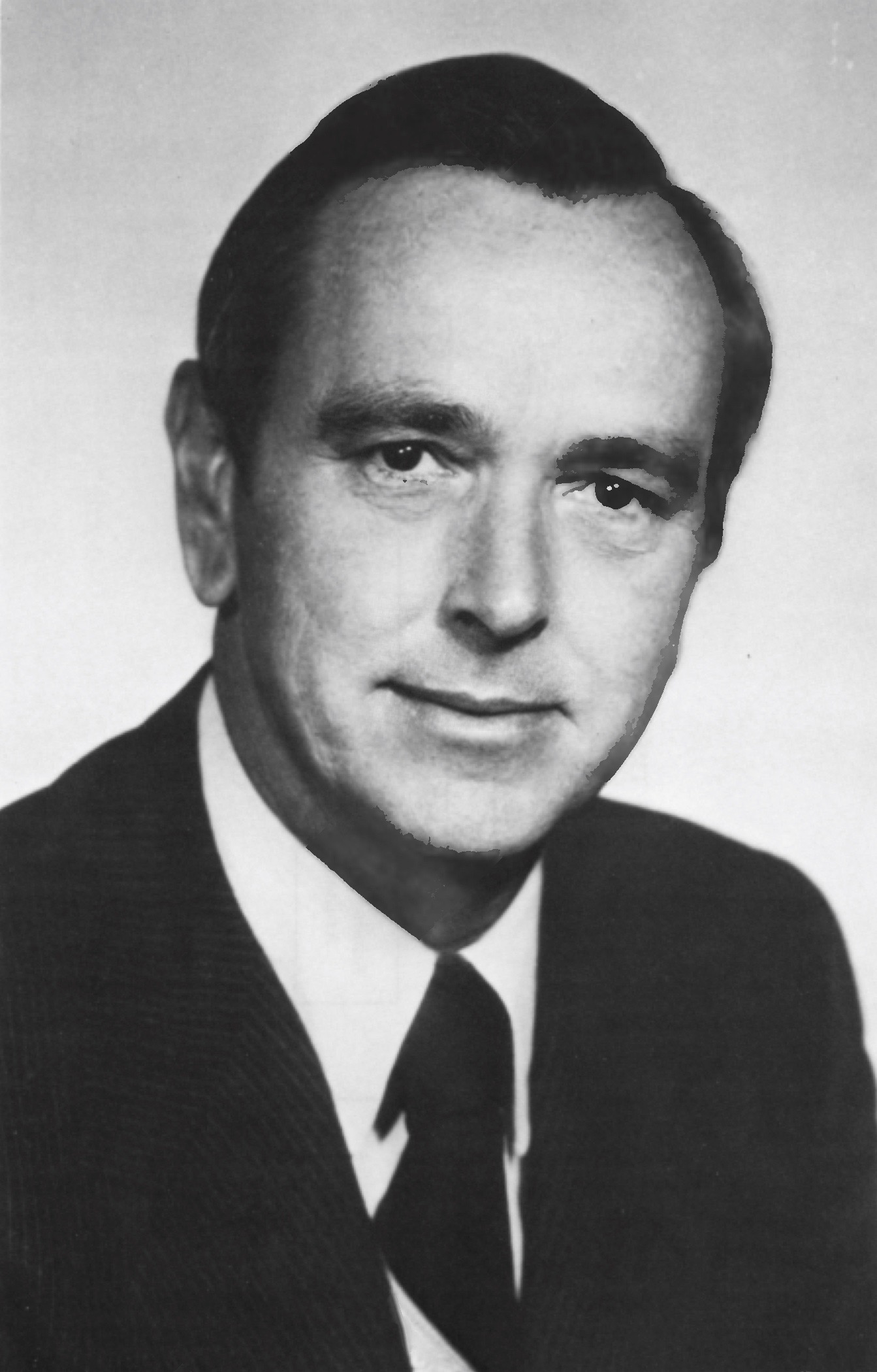Georgia
Gov. Wilson Lumpkin
- November 9, 1831 - November 7, 1835
- Union Democratic
- January 14, 1783
- December 28, 1870
- Virginia
- WILSON LUMPKIN was born in Pittsylvania County, Virginia, on January 14, 1783. In 1784 his family moved to Georgia, settling in Oglethorpe County. He received little formal schooling but read extensively from his father's library. Lumpkin studied law, was admitted to the bar in 1804, and established a legal career in Athens. He entered politics in 1804 as a member of the Georgia House of Representatives, a position to which he was reelected in 1805, 1812, 1813, and 1820. He was justice of the Inferior Court of Clarke County in 1805, where he served for several years; was a U.S. Commissioner to designate treaty boundaries in 1818, 1819, and 1821; served on the Georgia Board of Public Works in 1825; and planned the railroad route from Milledgeville to Chattanooga. He served in the U.S. House of Representatives from 1815 to 1817 and again from 1827 to 1831. In 1831 he won election to the governor's office, and in 1833 was reelected to a second term. When in Congress he advocated Cherokee Indian removal to the designated Indian Territory in the West, and as governor he worked with President Jackson to implement it. He also had the Cherokee territory surveyed and distributed before the tribe had been moved to Oklahoma, bringing friction to the relationship between him and the federal government. He also advocated for educational programs and teacher training, supported amending the state's tax laws, endorsed the construction of a railroad connection Georgia's coast with the Ohio Valley, and lobbied for better provisions in the state penitentiary. After leaving the governor's office on November 4, 1835, Lumpkin was appointed in 1836 as a commissioner to help execute the provisions of the Cherokee Treaty of New Echota signed 1835. Resigning from his appointment in 1837, he then was elected to the U.S. Senate, where he served from 1837 to 1841. He also served as a trustee of the University of Georgia. He served as director of the Western and Atlantic Railroad while it grew west to the Chattahoochee River, following the route he had recommended earlier. The town at the southern terminus of the railroad became Atlanta. Governor Wilson Lumpkin died on December 1870 and is buried in the Oconee Cemetery in Athens. Lumpkin County in North Georgia was named in his honor in 1832.
- Representative, Senator
About
WILSON LUMPKIN was born in Pittsylvania County, Virginia, on January 14, 1783. In 1784 his family moved to Georgia, settling in Oglethorpe County. He received little formal schooling but read extensively from his father’s library. Lumpkin studied law, was admitted to the bar in 1804, and established a legal career in Athens. He entered politics in 1804 as a member of the Georgia House of Representatives, a position to which he was reelected in 1805, 1812, 1813, and 1820. He was justice of the Inferior Court of Clarke County in 1805, where he served for several years; was a U.S. Commissioner to designate treaty boundaries in 1818, 1819, and 1821; served on the Georgia Board of Public Works in 1825; and planned the railroad route from Milledgeville to Chattanooga. He served in the U.S. House of Representatives from 1815 to 1817 and again from 1827 to 1831. In 1831 he won election to the governor’s office, and in 1833 was reelected to a second term. When in Congress he advocated Cherokee Indian removal to the designated Indian Territory in the West, and as governor he worked with President Jackson to implement it. He also had the Cherokee territory surveyed and distributed before the tribe had been moved to Oklahoma, bringing friction to the relationship between him and the federal government. He also advocated for educational programs and teacher training, supported amending the state’s tax laws, endorsed the construction of a railroad connection Georgia’s coast with the Ohio Valley, and lobbied for better provisions in the state penitentiary. After leaving the governor’s office on November 4, 1835, Lumpkin was appointed in 1836 as a commissioner to help execute the provisions of the Cherokee Treaty of New Echota signed 1835. Resigning from his appointment in 1837, he then was elected to the U.S. Senate, where he served from 1837 to 1841. He also served as a trustee of the University of Georgia. He served as director of the Western and Atlantic Railroad while it grew west to the Chattahoochee River, following the route he had recommended earlier. The town at the southern terminus of the railroad became Atlanta. Governor Wilson Lumpkin died on December 1870 and is buried in the Oconee Cemetery in Athens. Lumpkin County in North Georgia was named in his honor in 1832.
Source
Cook, James F. Governors of Georgia, 1754-2004. 3d ed. Macon, Ga.: Mercer University Press, 2005.
Sobel, Robert, and John Raimo, eds. Biographical Directory of the Governors of the United States, 1789-1978, Vol. 1, Westport, Conn.; Meckler Books, 1978. 4 vols.











